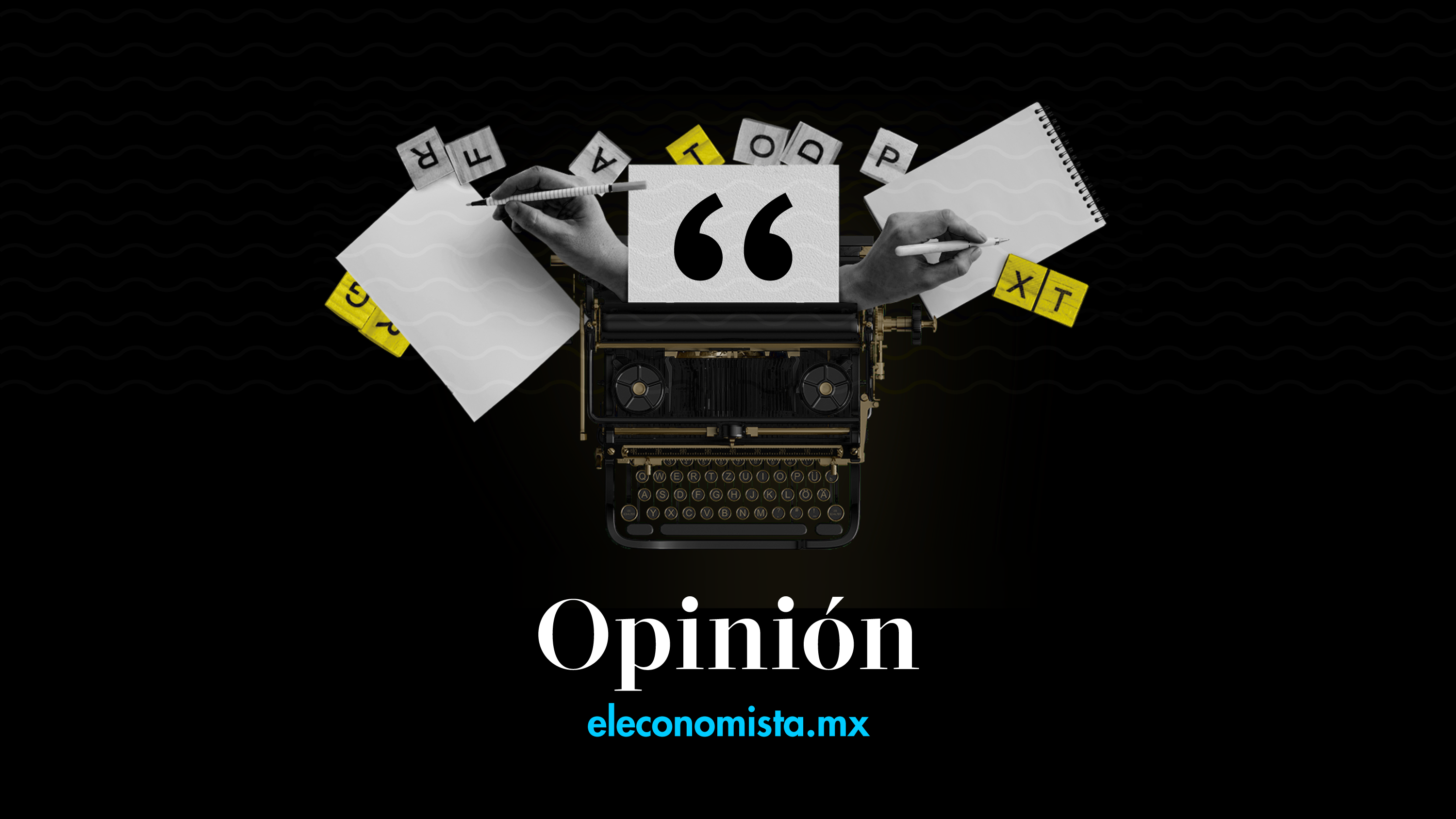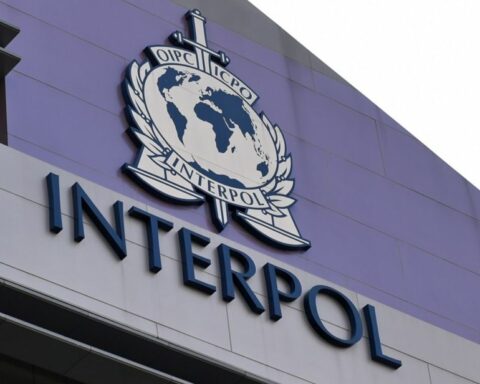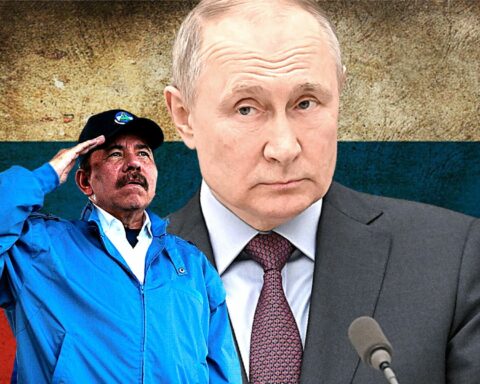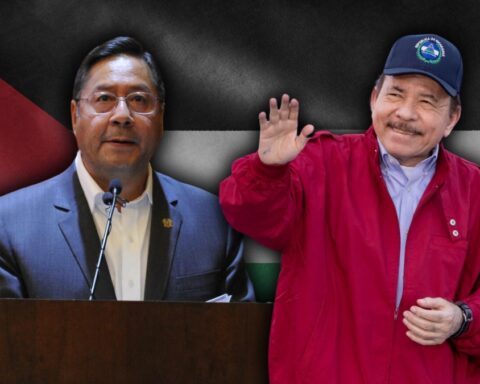The family of political prisoner Tamara Dávila describes it as “devastating” to hear her say: “I can’t continue living without my daughter,” since —just like her— her five-year-old daughter is suffering from her absence.
“Tamara is still in a cell alone, in a bolted cell, where his only contact is when they suddenly hand him the food and raise the grille and he sees the little piece of heaven without a roof”, pointed out his sister Ana Lucía Álvarez. Who added that, after 224 days of confinement, the Police finally allowed them to leave him “a quilt for the cold.”
Relatives of the political prisoners locked up in El Chipote point out that for the first time since their relatives were captured —between June and November 2021— they were allowed to visit them for a period of less than thirty days. Visits that were made by groups, this weekend, and where they found that poor prison conditions persist. Some inmates, like Tamara, are very affected physically and emotionally.
Victoria Cárdenas, wife of political prisoner Juan Sebastián Chamorro, pointed out that he is “strong spiritually, he gained a couple of pounds (since the last visit) and he is a little less pale”; however, she noted the isolation, daily interrogations, lights on 24 hours a day, lack of sun exposure, lack of reading materials, and lack of access to bedding persist.
“I remain extremely concerned about his health, not only physical but also emotional, because he and the rest of the unjustly imprisoned political prisoners have been arbitrarily detained for more than seven months in such deplorable conditions,” said Cárdenas.
The message from jail
Meanwhile, Bertha Valle, wife of political prisoner Félix Maradiaga, reported that the conditions in the prison remain the same, except that the quantity and quality of food has improved “a little.”
She also transmitted a message that her husband sent from prison. “My principles and thoughts remain firm, all tests no matter how hard they are are for the good and have a purpose. That is why, as a prisoner of conscience, I hope that no Nicaraguan is deprived of his liberty for thinking differently,” Maradiaga reportedly told the person who visited him in El Chipote.
Like Maradiaga, political prisoner Ana Margarita Vijil, who has been isolated for seven months, took advantage of the visit of her mother, María Josefina Gurdián, to send the following message: “Today is January 22, the day we commemorate a massacre in times of the Somoza dictatorship. All dictatorships are the same in all countries and at all times. With the current dictatorship we have also suffered massacres, prisons, persecution and exile. For this reason, there cannot be a ‘clean slate’ in Nicaragua. We will never forget those murdered, and there will be a new account until there is justice without impunity.”
Cesar Dubois, husband of Suyén Barahona, breaks his voice when he recounts that “despite the terrible conditions” in which his wife finds herself, she always repeats that “this injustice, the abuses she has suffered, strengthen her spirit and calls for freedom for all political prisoners and freedom for all of Nicaragua.” In prison “they (the political prisoners) are all united, they are very supportive, even in these difficult conditions they are trying to overcome difficulties,” he added.
Fernanda Guevara, wife of political prisoner Róger Reyes, appreciated that during the visit – which lasted two hours – her husband tried to “show himself strong.” However, she considers that “it is not right” since, as in the previous visit, she did not want to talk about her daughter “because it was like touching her wound.”
Too the family of the political prisoner, Medardo Mairena, He expressed — through social networks — that “despite the fact that the interrogations continue, despite the fact that he remains physically very thin and remains completely disconnected from what is happening outside, he maintains his spirits high.”
Trials still suspended
In addition to the appalling prison conditions in which the prisoners of conscience find themselves, the trials against them have been suspended indefinitely, they have only seen their lawyers during the initial hearing and They are detained indefinitely. In the daily interrogations “their lawyers have never been present, which is totally illegal, violates due process and creates uncertainty because they do not know how much longer they will be locked up,” said Victoria Cárdenas.
At this moment “our relatives who are political prisoners are in a state of defenselessness,” emphasized Ana Lucía Álvarez. The trials “have been stopped for more than three months with an absurd excuse that (the judges) have too much work, because if they have too much work, the State has to guarantee the necessary number of public officials to handle the cases,” she added.
For her part, Bertha Valle, emphasized that the relatives of prisoners of conscience will continue with their demand for “immediate, unconditional and guaranteed release.” However, “we see that the (Nicaraguan) justice system is being used to torture people, by denying them their freedom under an interpretation of the laws at their convenience,” she added.
In addition, Cárdenas valued, “The lives of these people are at risk every minute they spend in those cells, in the horrific conditions in which they find themselves. I don’t know how they do it, where they get the strength, the strength to get up and keep resisting day by day.
Nicaragua closed 2021 with 170 political prisoners, according to the Mechanism for the Recognition of Political Prisoners, whose data is endorsed by the Inter-American Commission on Human Rights (IACHR). Of this figure, 46 people were arrested between May 28 and November 22.
On the list of political prisoners there are seven who were candidates for the presidency, two former vice chancellors, two historical former dissident Sandinista guerrillas, a business leader, a banker, a former first lady, five opposition leaders, a journalist, and two student leaders.
A total of 30 political prisoners are more exposed to “mistreatment or torture”, denounced that organization. These citizens “are in different or discriminatory prison conditions, under which they are usually subjected to a greater number of incidents of ill-treatment or torture,” the Mechanism indicated in its latest report.








